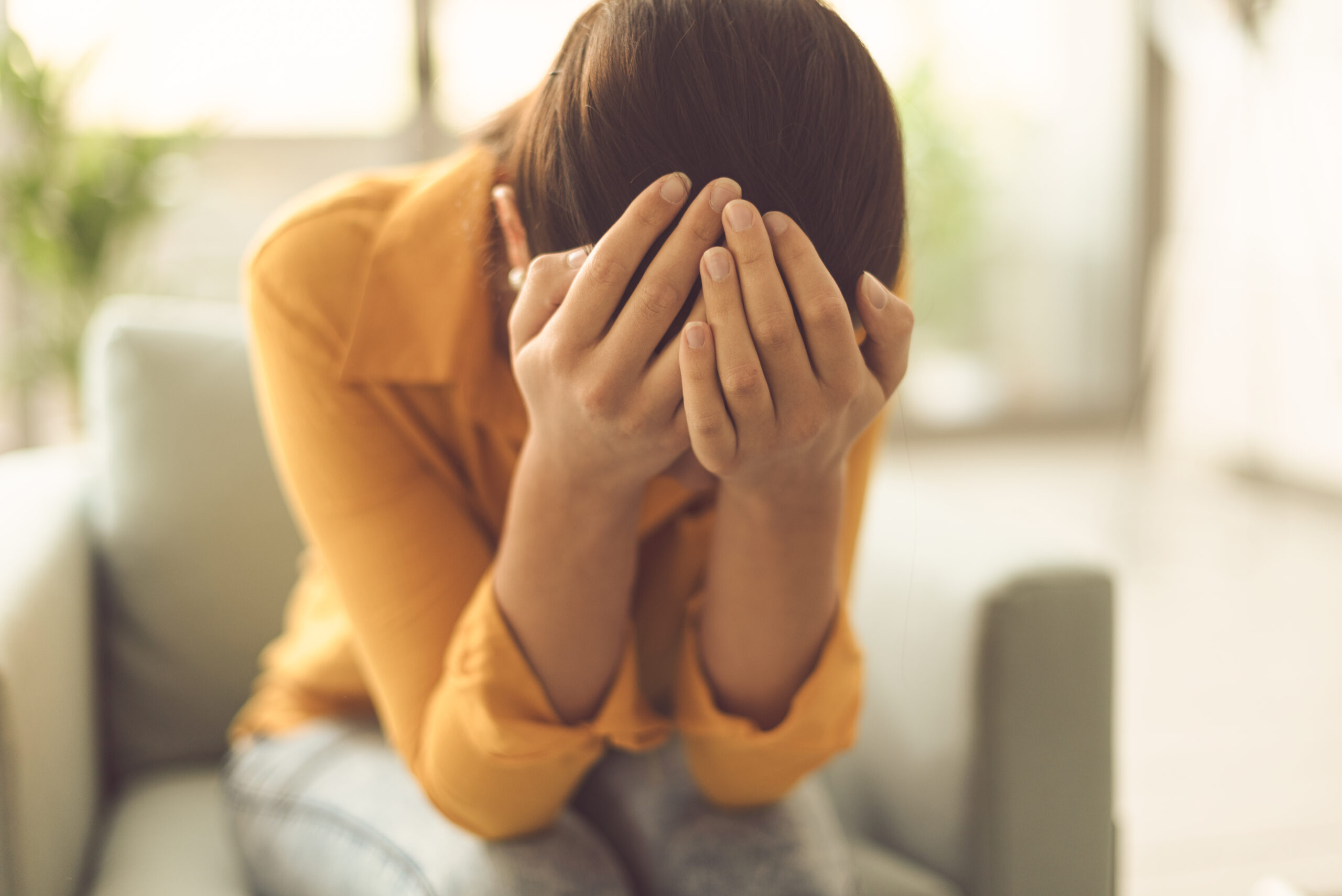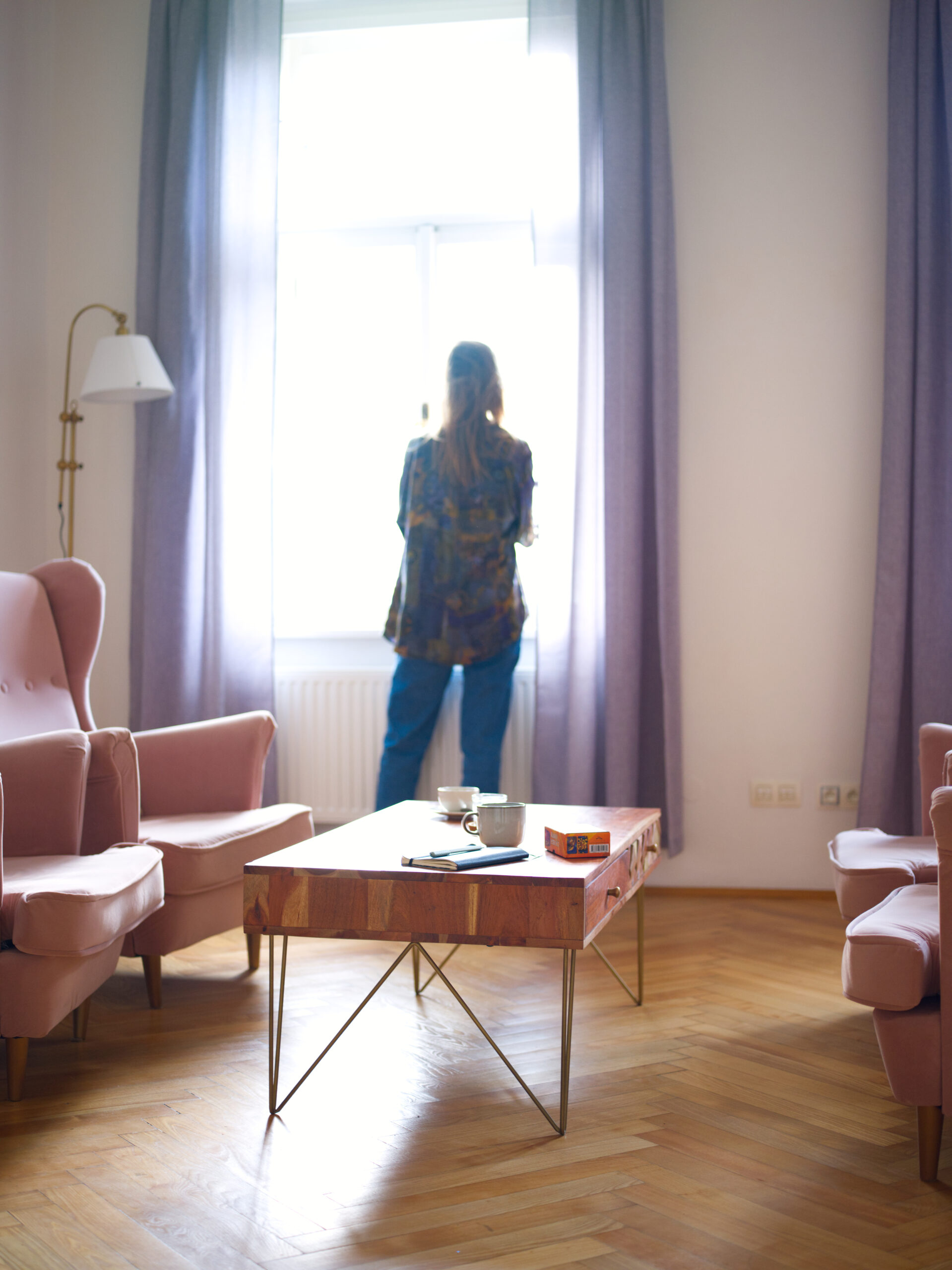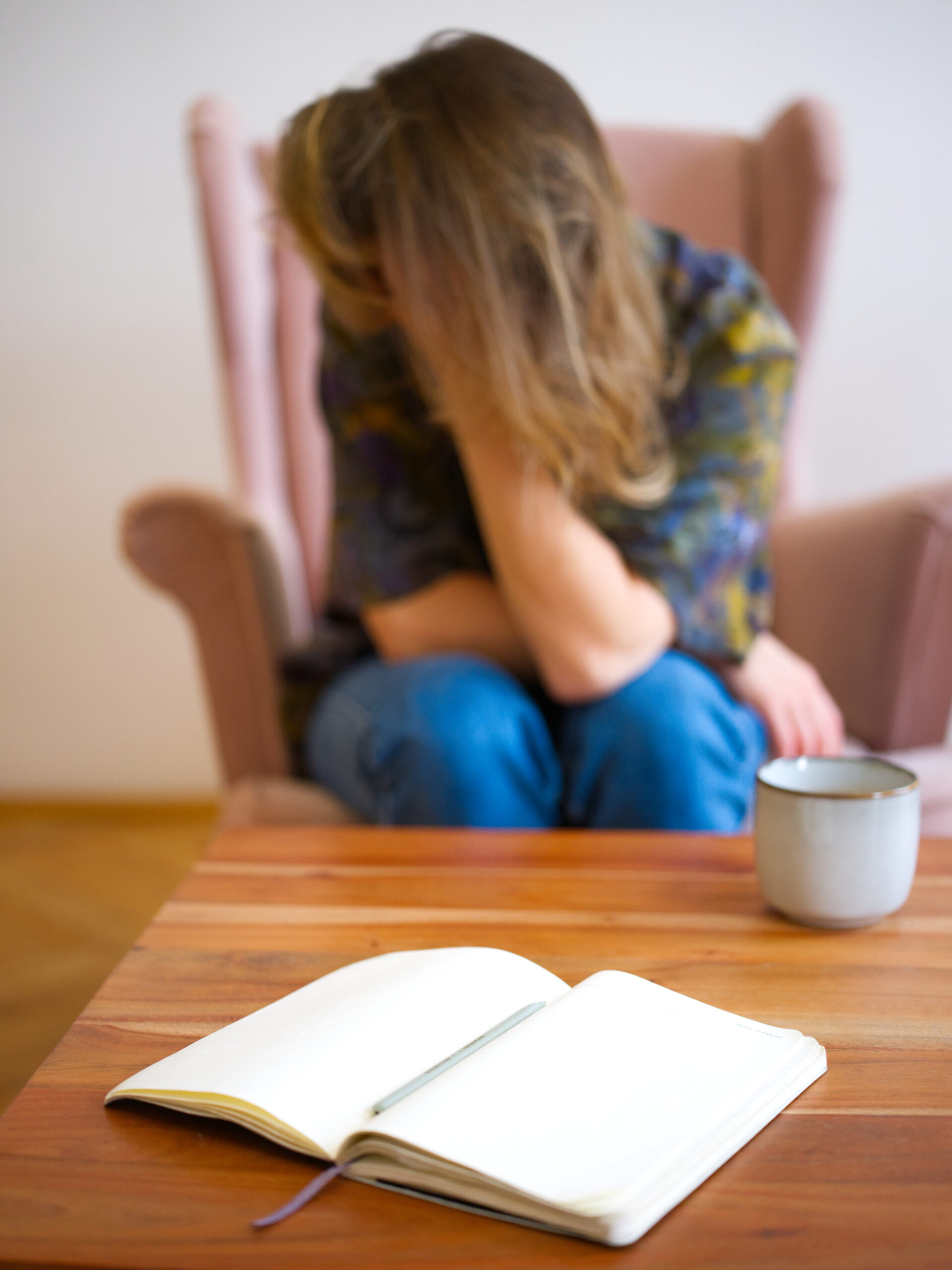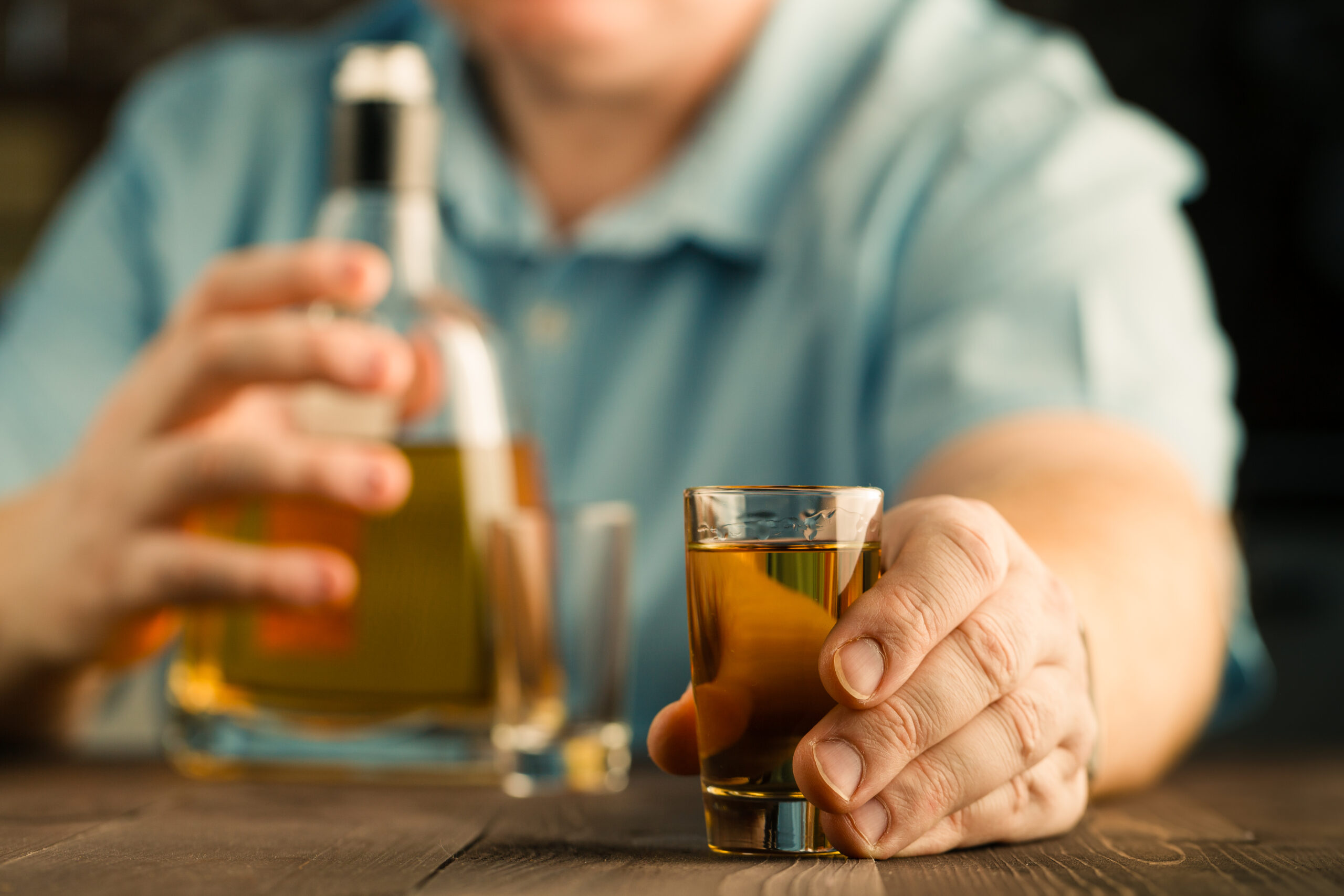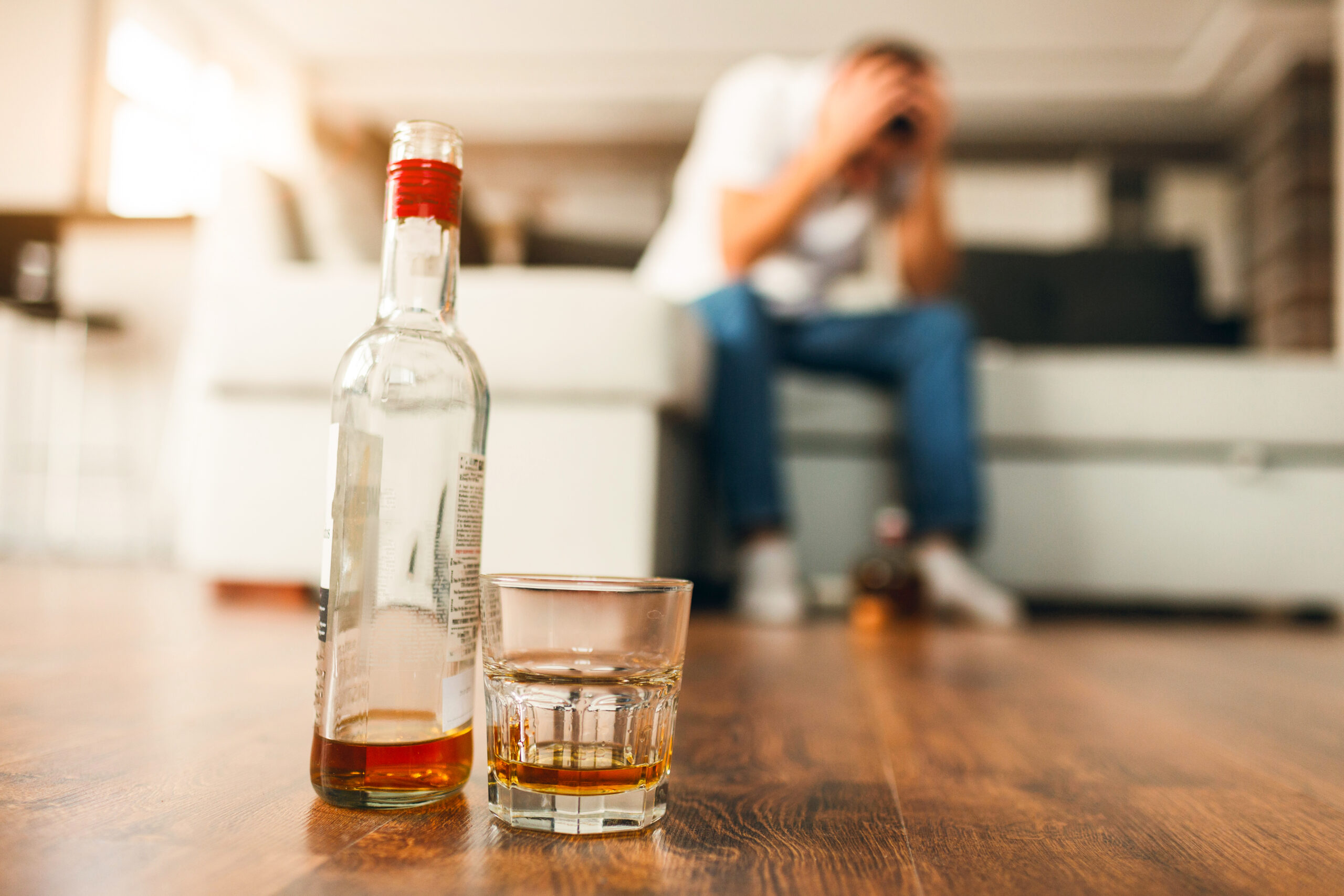Mixed anxiety-depressive disorder is a relatively common diagnosis, affecting women twice as often as men. Current studies indicate that 8% to 10% of the population currently suffer from anxiety-depressive disorder. Anxiety-depressive disorder has been shown to result in longer average work disability than "pure" depression. It is a serious diagnosis that unfortunately often goes unrecognised or is underestimated in GP surgeries.
Do you think you need help or at least want more clarity? Make an appointment for a no-obligation initial and diagnostic consultation or just give us a call, we will be happy to advise you and help you with everything. At our first meeting we will talk about your difficulties, find out the severity of your problems and the possible causes. We will suggest a course of action and, if necessary, select your personal therapist so that he/she not only meets your professional requirements, but also suits you humanly.
